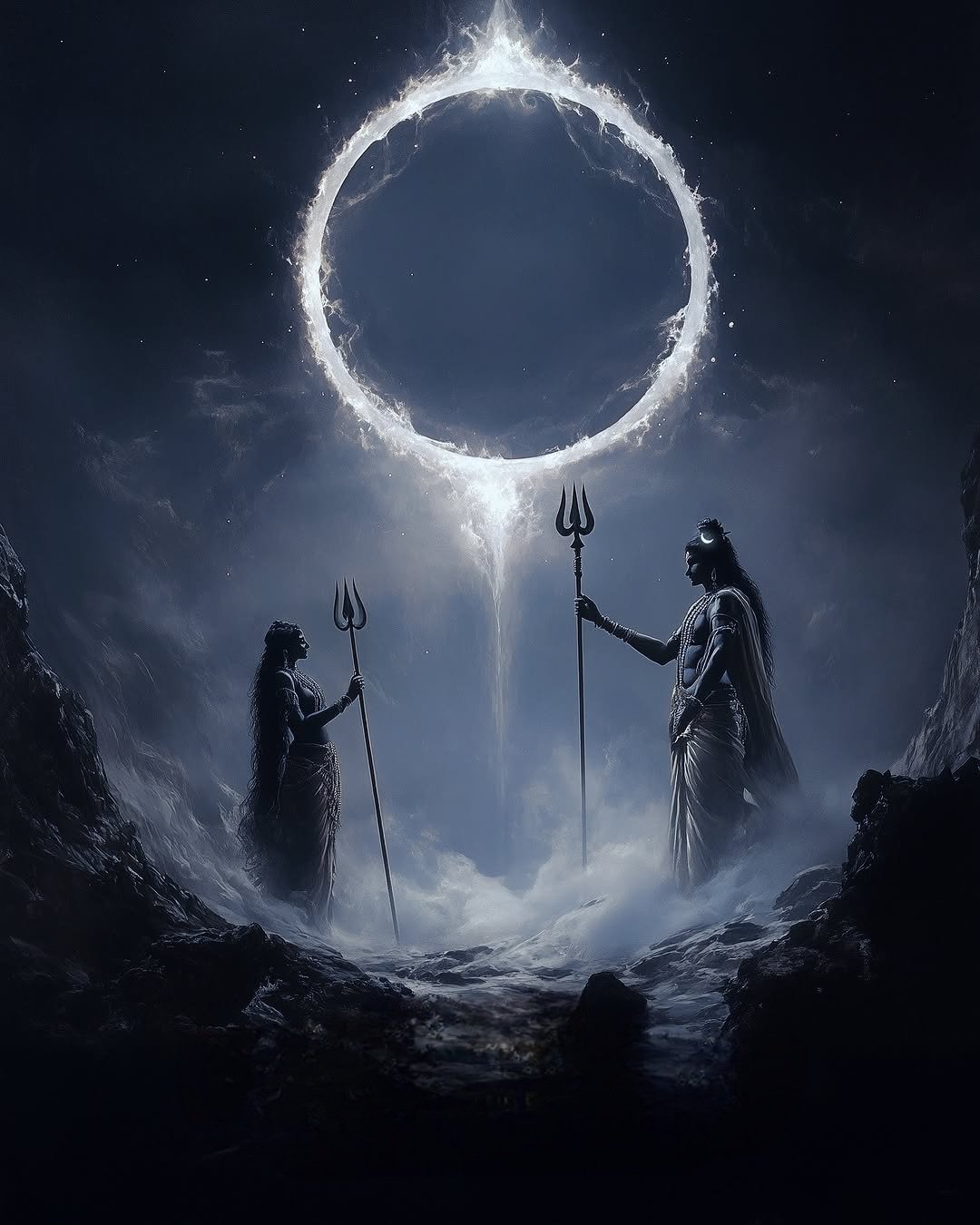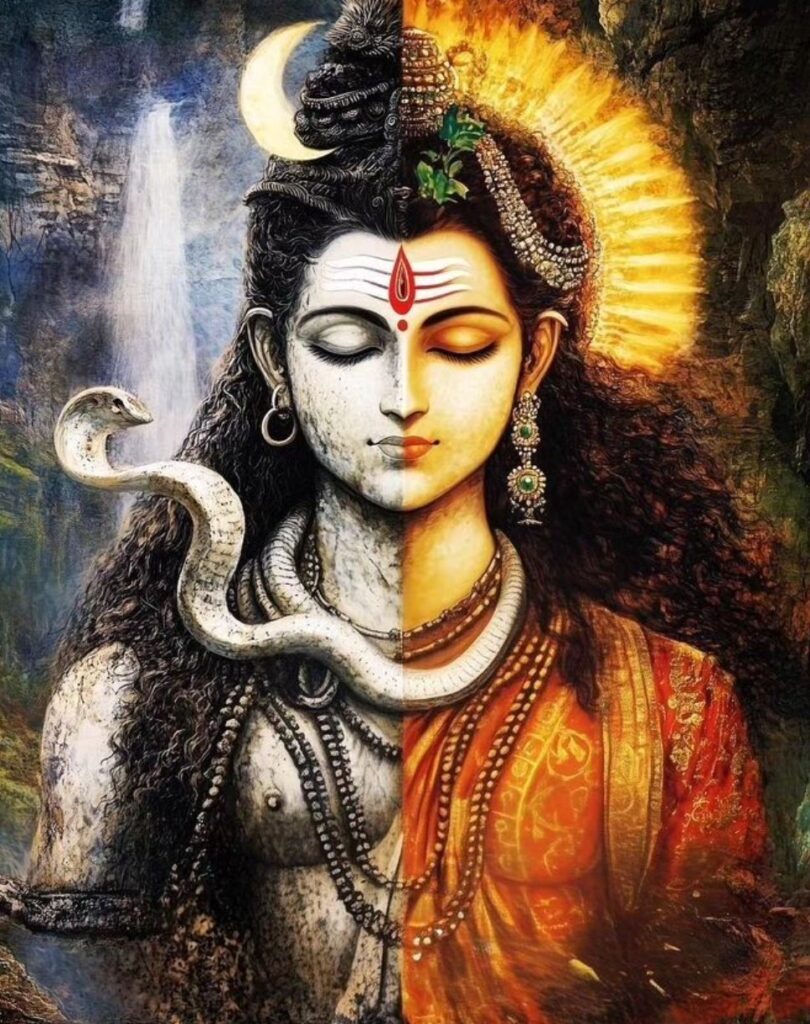Mahashivratri: A Night of Spiritual Awakening and Transformation
Mahashivratri, a revered Hindu festival dedicated to Lord Shiva, is celebrated annually on the 14th night of the new moon in the month of Phalguna (February or March).
This sacred occasion holds profound spiritual, cultural, and personal significance, drawing millions of devotees into prayer, fasting, and celebration.

Below are 10 key points explaining its importance and why it is celebrated:
Introduction to Mahashivratri:
It marks a time to honor Shiva, observed with devotion on a night considered especially auspicious for spiritual practices.
Mythological Legends:
Mahashivratri commemorates Shiva’s cosmic dance, the Tandava, symbolizing creation, preservation, and destruction, and his act of drinking poison during the ocean’s churning to save the world, earning him the title “Neelkanth.”
Spiritual Observances:
Devotees fast, meditate, and stay awake all night, chanting “Om Namah Shivaya” to seek purification and divine blessings.
Cultural Celebrations:
Temples across India, like those in Varanasi and Tamil Nadu, and globally, such as Nepal’s Pashupatinath, host vibrant rituals, processions, and prayers.
Symbolism of Shiva:
As the destroyer of evil, Shiva represents transformation and the eternal cycle of life, inspiring renewal and growth.
Community and Unity:
The festival unites people across social divides, fostering a shared sense of devotion and harmony.
Health and Well-being:
Fasting and meditation are believed to detoxify the body and enhance mental clarity, offering physical and spiritual benefits.

Historical Significance:
Referenced in ancient texts like the Puranas, Mahashivratri reflects its deep-rooted importance in Hindu tradition.
Global Observance:
Celebrated by Hindus worldwide, from the Caribbean to the United States, it showcases the festival’s universal resonance.
Personal Growth:
It encourages introspection, letting go of negativity, and embracing positive change, aligning with Shiva’s transformative energy.
Mahashivratri is more than a festival—it’s a spiritual journey toward peace, enlightenment, and unity, deeply cherished by millions.
